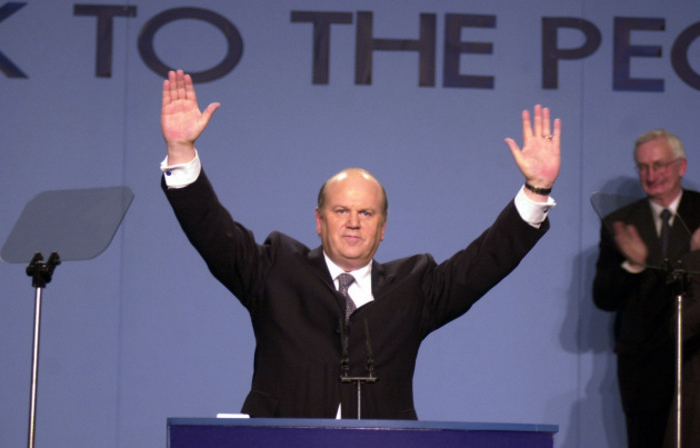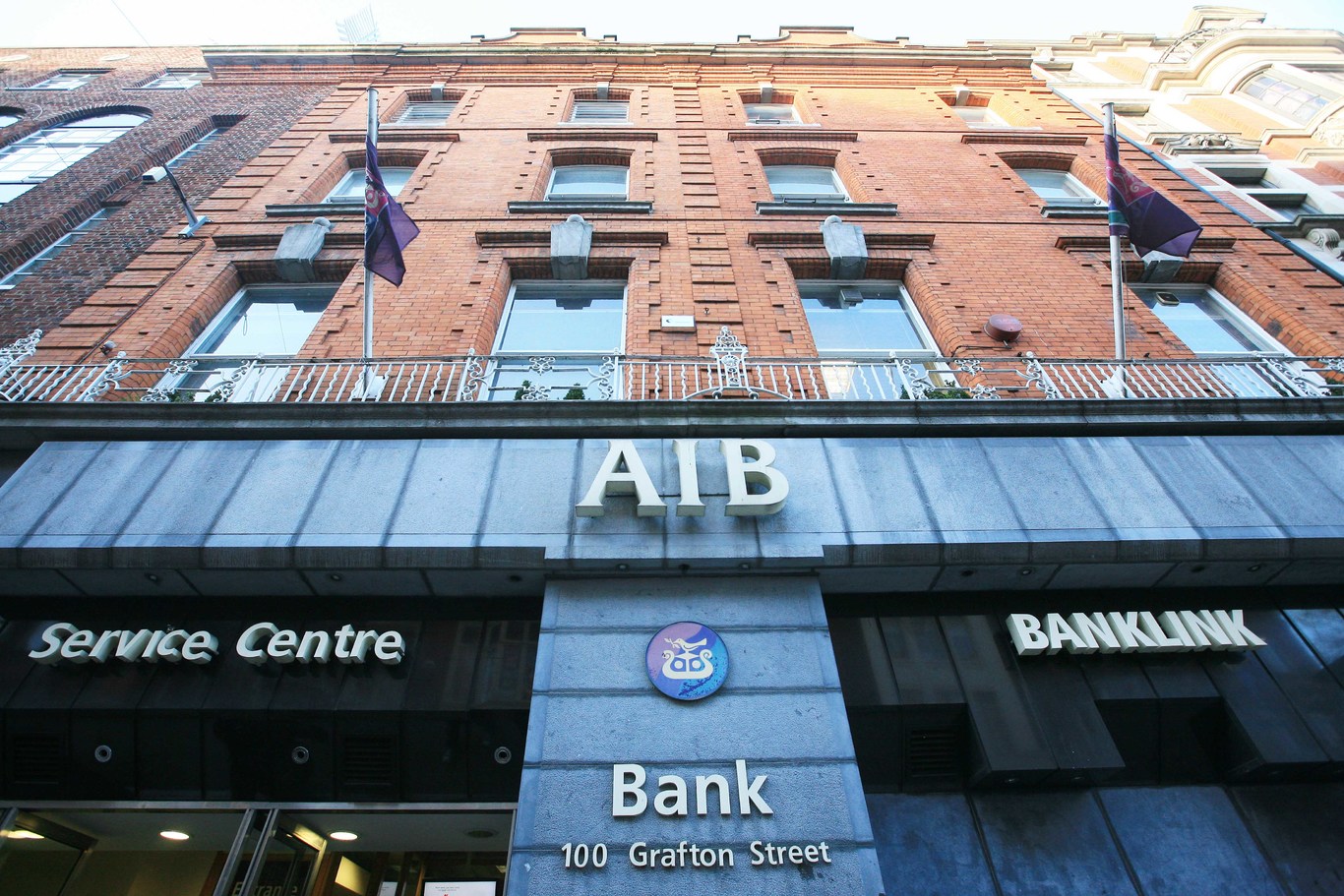The High Court has squashed a bid to stop the state's €3bn AIB share sale
A judge called the attempt ‘frivolous, vexatious and bound to fail’.
THE HIGH COURT has struck out a businessman’s bid to prevent the sale of shares held by the government in AIB bank.
In his judgment today, Justice Paul Gilligan said he was satisfied proceedings brought by Vincent O’Donoghue to prevent the sale of the shares could not succeed.
In proceedings against AIB, the Minister for Finance, the government, Ireland and the attorney-general, O’Donoghue, who represented himself, sought a declaration that the proposed sale is contrary to the common good and is unlawful.
In his ruling the judge said a court should rarely dismiss claims at an early stage. However allowing O’Donoghue’s action proceed would “constitute an abuse of process of the court.”
The claims, the judge added, were frivolous, vexatious and bound to fail.
The court also said it was satisfied to strike out O’Donoghue’s application for an injunction preventing the defendants from taking any steps to dispose all or any parts of the state’s shareholding in AIB pending the final outcome of his action.
The state parties had opposed the injunction application and had brought preliminary motions seeking to have O’Donoghue’s proceedings dismissed.
In his claim, O’Donoghue said AIB’s “long and sorry history of catastrophic governance failures” demonstrates that the bank is “incapable of operating in a lawful, responsible and complaint manner”.
He gave examples of AIB’s past difficulties, including: ICI in the 1980′s, rogue trader John Rusnak, non-resident deposit accounts, foreign exchange overcharging and the state’s 2009 €21.8 billion bailout.
He claims that if returned to private ownership AIB will “only serve one master” and have the sole focus of “relentlessly pursuing profits” for mostly foreign shareholders.
In dismissing the application for the injunction, the judge said that no claim had been made out against AIB, which he said had no direct influence on whether the minister sells the shares or not. While AIB supports the proposed sale of 25% of the company, it does not have any control over it.
 Finance Minister Michael Noonan
Finance Minister Michael Noonan
A complex IPO
O’Donoghue, of Church Street, Dublin 7, had failed to show any legal impediment requiring the state to hold on to its current level of shareholding with AIB.
The court could not entertain an issue such as the sale of the government’s shares in AIB. It was not open to the courts to entertain a case which related matters of “political economy”, the judge said.
The state currently owns more than 99% of the bank – recently valued at €11.3 billion. To date, the state has recouped €6.6 billion of the money put into AIB. It is the government’s policy to return AIB to private ownership.
Evidence was given that the minister might sell up to 25% of his shareholding before the end of 2018, the judge noted.
It is proposed to sell part of the shareholding by way of an IPO on the Irish and London stock exchanges. Evidence was given that preparation for this is a complex and not something that one can “stop and start”, the judge said.
If the orders sought by O’Donoghue were granted, the judge said it was the defendant’s belief “a potential optimal market window would be lost” and a “very considerable amount of the public money will have been spent on an abortive process”.
The defendants argued that “capital markets appear to be currently receptive to an IPO and it was imperative that the minister for finance maintains the utmost flexibility to begin and execute an IPO in the first possible window of May-June 2017″.
The judge said O’Donoghue had claimed he was making an argument in the interests of the common good.
However he had not produced any evidence to support his claim that it is for the common good that the sale of the Minister’s shares should not proceed.
To grant the reliefs sought by O’Donoghue, the judge added, would run completely contrary to the restructuring arrangements in place between the government and the European Commission.
O’Donoghue was not at any financial risk from the proposed sale, while the defendants said they would suffer damages that might range from between extreme and incalculable if the injunction was granted.
The matter was adjourned for four weeks to allow the sides consider the judgment.





